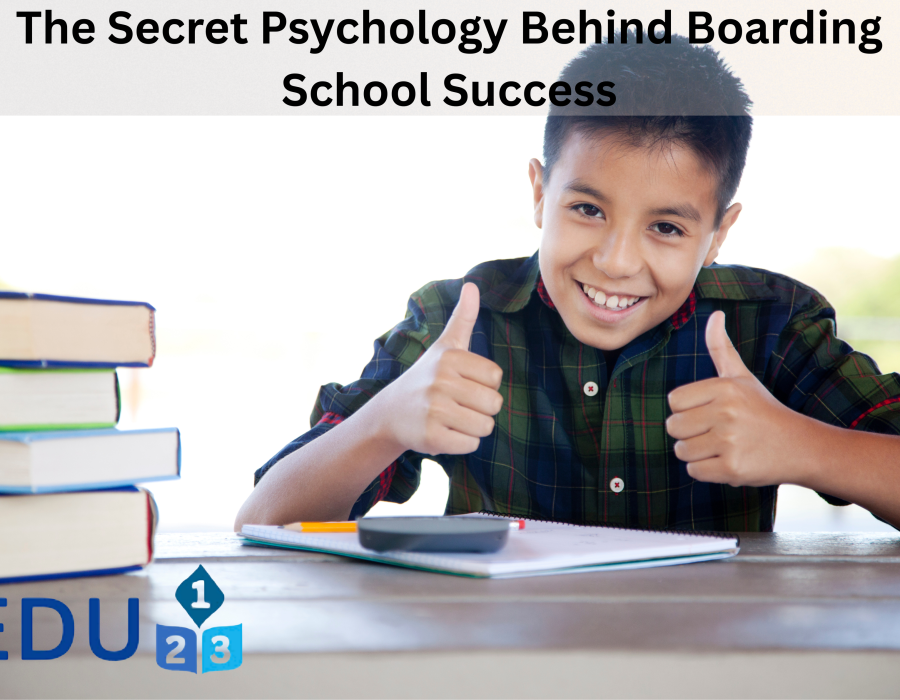When we think of student success, we often focus on academic scores or college placements. But behind those achievements lies something deeper — the psychology that shapes a student's mindset, habits, and emotional growth.
Boarding schools in Bangalore are known for producing students who are not only intelligent but also mentally strong and emotionally balanced. So, what exactly is happening behind the scenes?
Let’s explore how boarding schools tap into psychology to unlock a student's full potential.
1. Growth Mindset: Progress Over Perfection
In many boarding schools, success is not defined by being the best but by becoming better. Students are encouraged to embrace challenges and learn from mistakes. This builds a growth mindset, which means believing that abilities can be developed through dedication and effort. It teaches students not to fear failure, but to use it as fuel for improvement.
2. Learning the Power of Patience
Boarding life introduces the concept of delayed gratification. Whether it is waiting for a weekend outing or earning rewards through consistent effort, students learn to plan ahead rather than seek quick results. This psychological trait is closely linked to success in adult life, helping them make thoughtful, long-term decisions.
3. Routine That Builds Resilience
From morning wake-up calls to lights out at night, life in a boarding school follows a set rhythm. This structure teaches discipline and builds resilience. Students face small daily challenges — missing home, difficult assignments, interpersonal issues — and learn to handle them without giving up. Over time, they become emotionally stronger and more self-reliant.
4. Positive Peer Pressure
One major influence in boarding schools is the peer group. Surrounded by driven classmates and shared goals, students begin to mirror these productive behaviors. This positive peer pressure fosters accountability, teamwork, and ambition — qualities that push them to rise above their comfort zones.
5. Sharpened Focus in a Distraction-Free Zone
Boarding schools are generally free from the constant distractions of gadgets and social media. This allows students to develop longer attention spans and deeper concentration. With fewer interruptions, their learning becomes more meaningful and retention improves.
6. Discovering Inner Strength Through Reflection
Many schools integrate journaling, mentoring, and quiet time into their weekly routines. These moments of self-reflection help students connect with their emotions, build empathy, and develop a better understanding of their actions. As emotional intelligence grows, so does their ability to navigate real-world challenges.
7. Confidence to Take Smart Risks
In a psychologically safe environment, students feel supported. They are encouraged to try new things — be it a sport, a leadership role, or a creative pursuit. This builds confidence and risk-taking ability, preparing them to step up and lead, even in unfamiliar situations.
Final Thoughts
What truly sets boarding school students apart is not just the education they receive — it’s the mindset they build. From resilience and discipline to emotional awareness and focus, the psychological edge developed during these years sets the tone for lifelong success.
So, if you are a parent considering boarding school, know that it’s more than just classrooms and textbooks. It’s a place where your child’s mind is nurtured in the most powerful way.





Comments